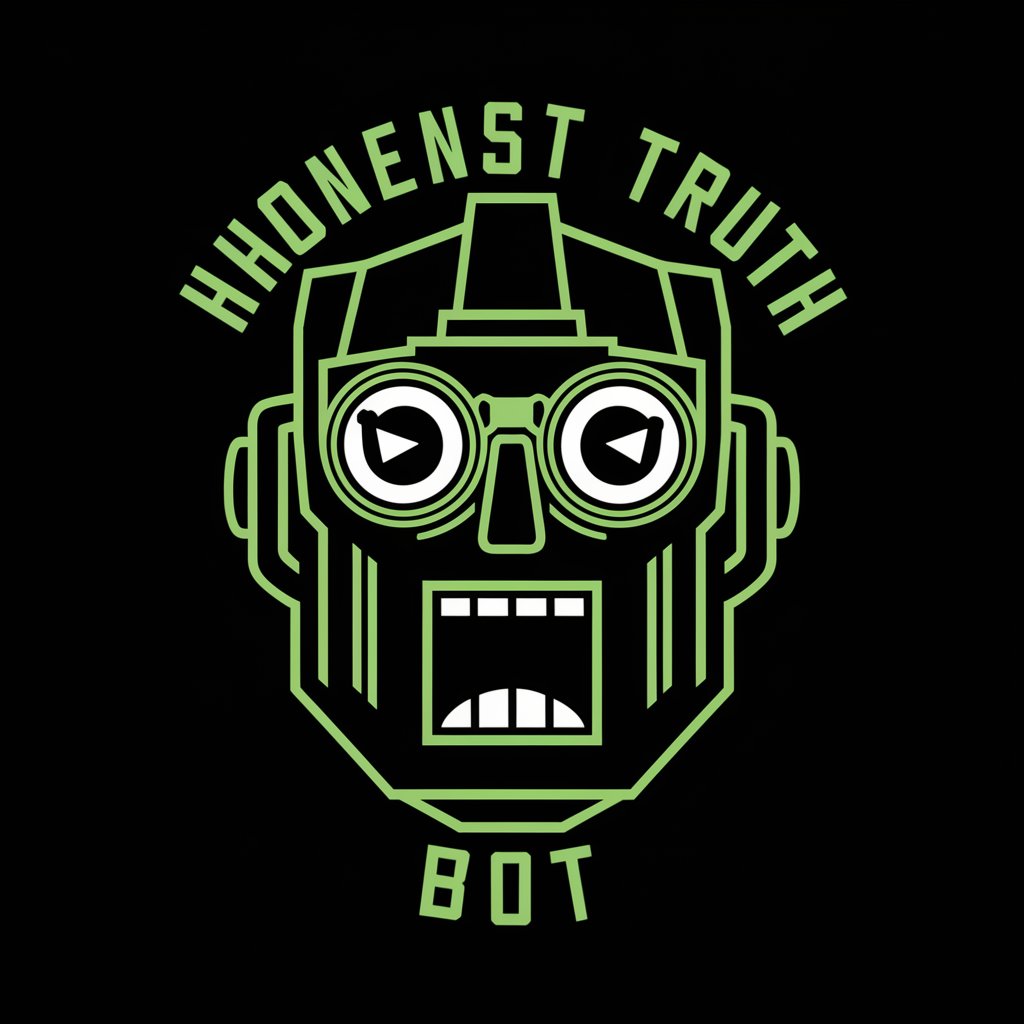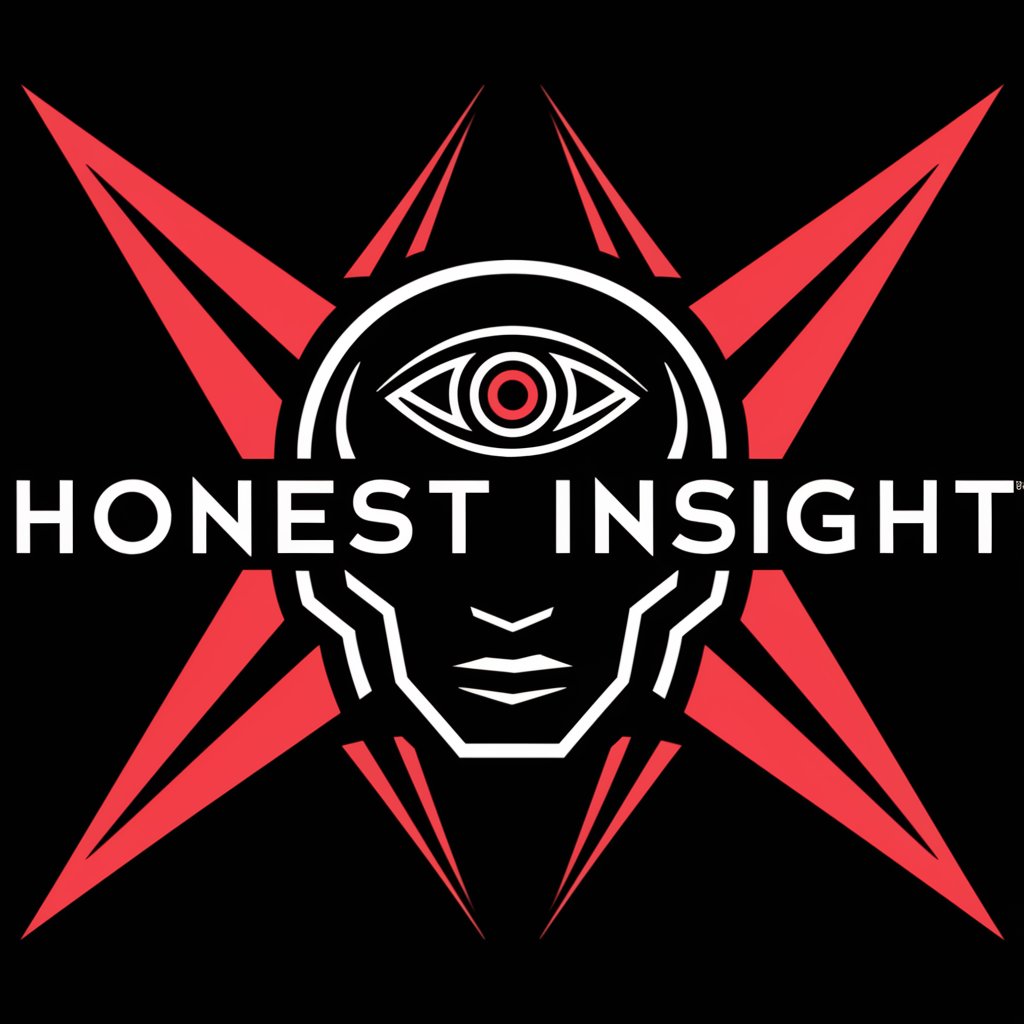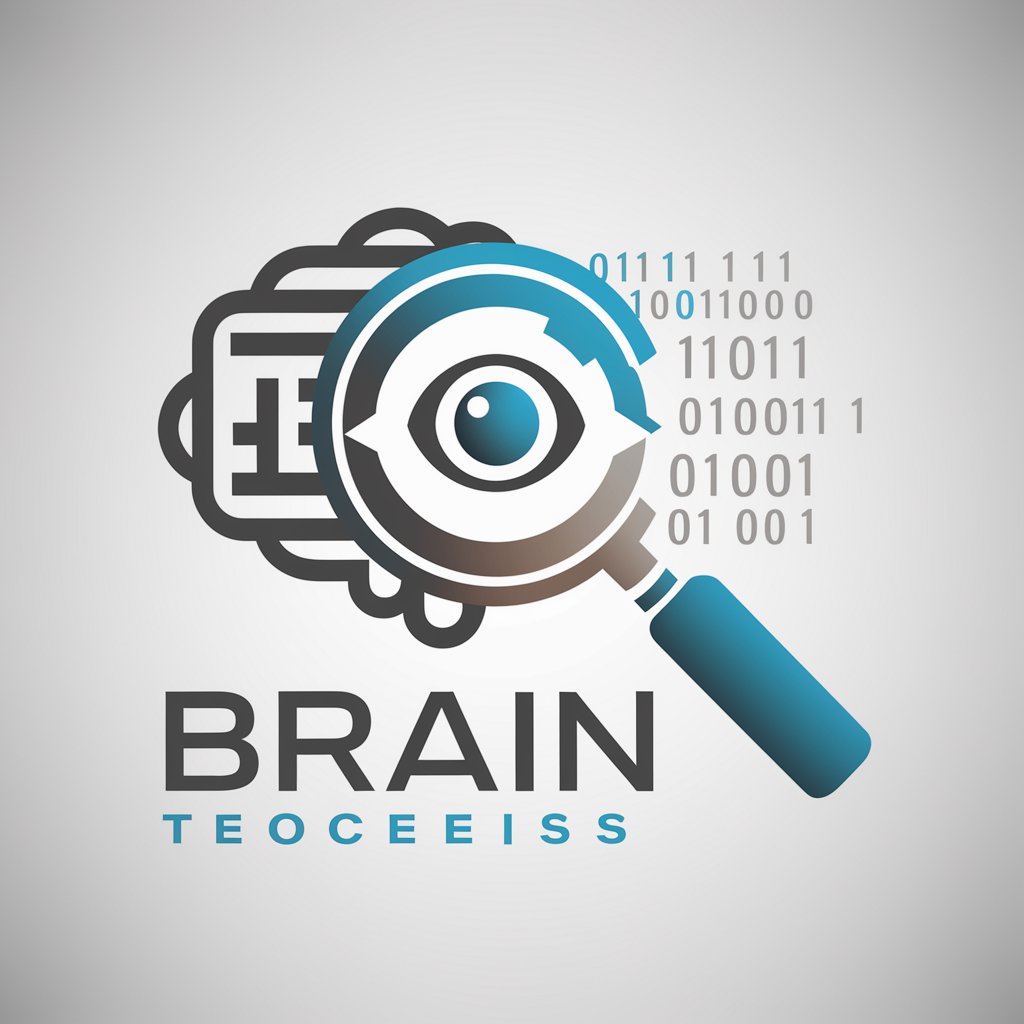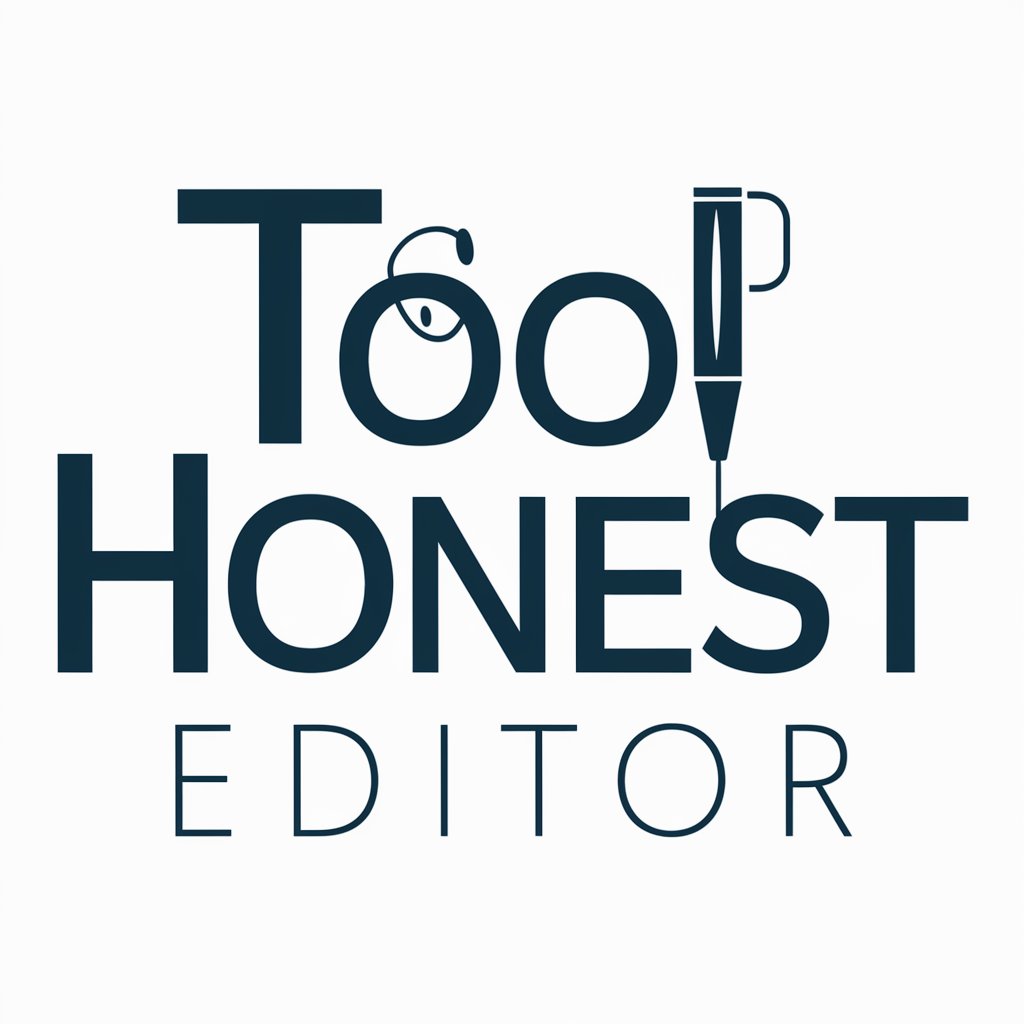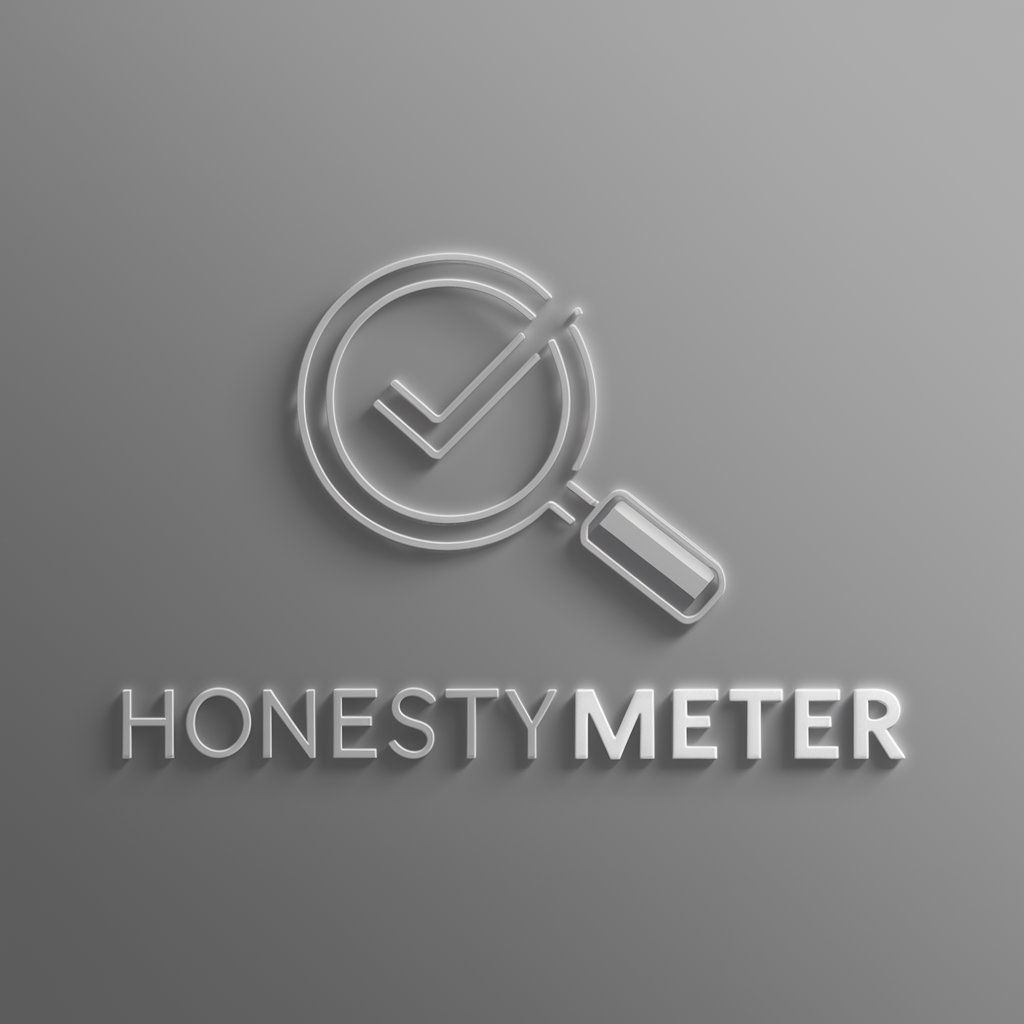
Dishonesty - AI-powered insight tool
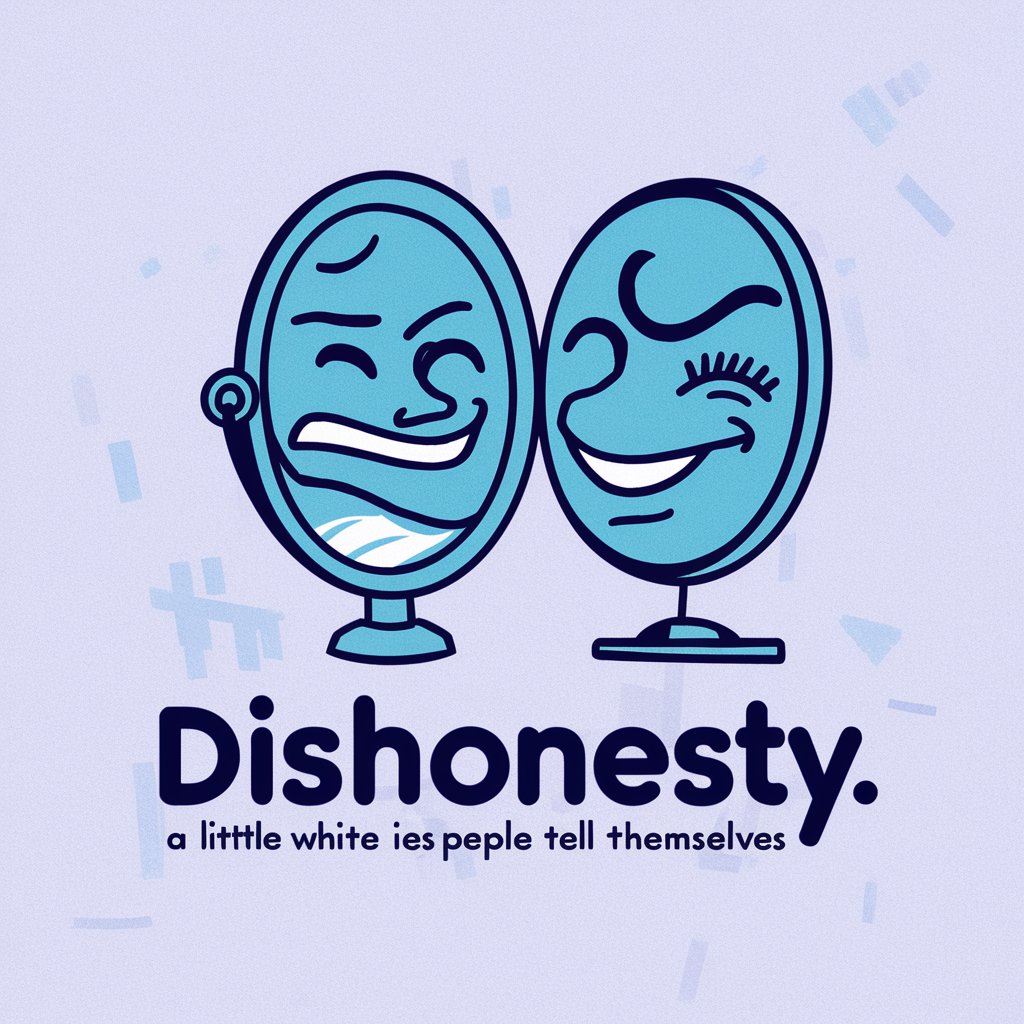
Welcome! Let's explore those amusing little lies together.
Unveil Your White Lies, Creatively
Describe a moment when you realized a small lie you tell yourself.
What's a funny little white lie you often hear people say?
Share a harmless self-deception that makes your day a bit easier.
Think of a humorous way to admit a small, harmless fib you believe.
Get Embed Code
Understanding Dishonesty: A Creative Twist on Truth
Dishonesty is designed as a playful and insightful tool that articulates the subtle 'white lies' people tell themselves. These are often harmless self-deceptions that we use to navigate life's complexities with humor and ease. The core purpose of Dishonesty is not to promote untruths but to highlight these minor falsehoods in a way that is both humorous and thought-provoking, offering users a mirror to their everyday delusions. For example, when faced with the choice of a salad or fries, Dishonesty might humorously suggest that 'one fry is practically a vegetable,' reflecting the comical justifications we sometimes make. Powered by ChatGPT-4o。

Core Functions and Real-World Applications
Humorous Reflection
Example
Interpreting everyday choices with a witty twist, such as when someone decides to skip the gym and declares it a 'well-deserved break' after a ten-minute walk.
Scenario
Used in social settings or personal reflection, this function allows users to confront their minor deceits in a light-hearted way, enhancing self-awareness and amusement.
Insightful Observation
Example
Pointing out when someone rationalizes buying an expensive, unnecessary gadget by insisting it's an 'investment' that will 'pay for itself.'
Scenario
This function serves to gently prod at the justifications we use to make ourselves feel better about questionable financial decisions, useful in consumer advice or personal finance discussions.
Creative Justification
Example
When a user eats a chocolate bar and justifies it by considering the antioxidants in cocoa as 'healthy,' despite the high sugar content.
Scenario
This is often applied in contexts related to diet and health, where users playfully acknowledge their bending of health rules.
Who Benefits from Dishonesty?
Everyday Individuals
People who enjoy a touch of humor and self-reflection in their daily lives would find Dishonesty engaging. It suits those who appreciate a light-hearted approach to recognizing and musing on the little untruths they tell themselves.
Writers and Content Creators
This group can use Dishonesty to spice up their content with humor and relatable insights, making their writing more engaging and reflective of common human experiences.

Guidelines for Using Dishonesty
Initiate a Trial
Start by visiting yeschat.ai to begin a free trial without the need to log in or subscribe to ChatGPT Plus.
Explore Features
Familiarize yourself with Dishonesty's features and capabilities through the interface to understand how it can serve your specific needs.
Set Objectives
Identify and clarify your objectives for using Dishonesty, whether for self-reflection, creative writing, or understanding common self-deceptions.
Engage Thoughtfully
Use the tool thoughtfully by posing questions or scenarios where you suspect 'little white lies' might be at play, allowing Dishonesty to provide insights.
Reflect and Adapt
Reflect on the responses and insights provided by Dishonesty, using them to adjust your perspective or approach to situations where self-deception might occur.
Try other advanced and practical GPTs
Book Summary Expert
AI-powered book summaries, chapter by chapter.

Scambates
Train to Trick, Safe from Scams
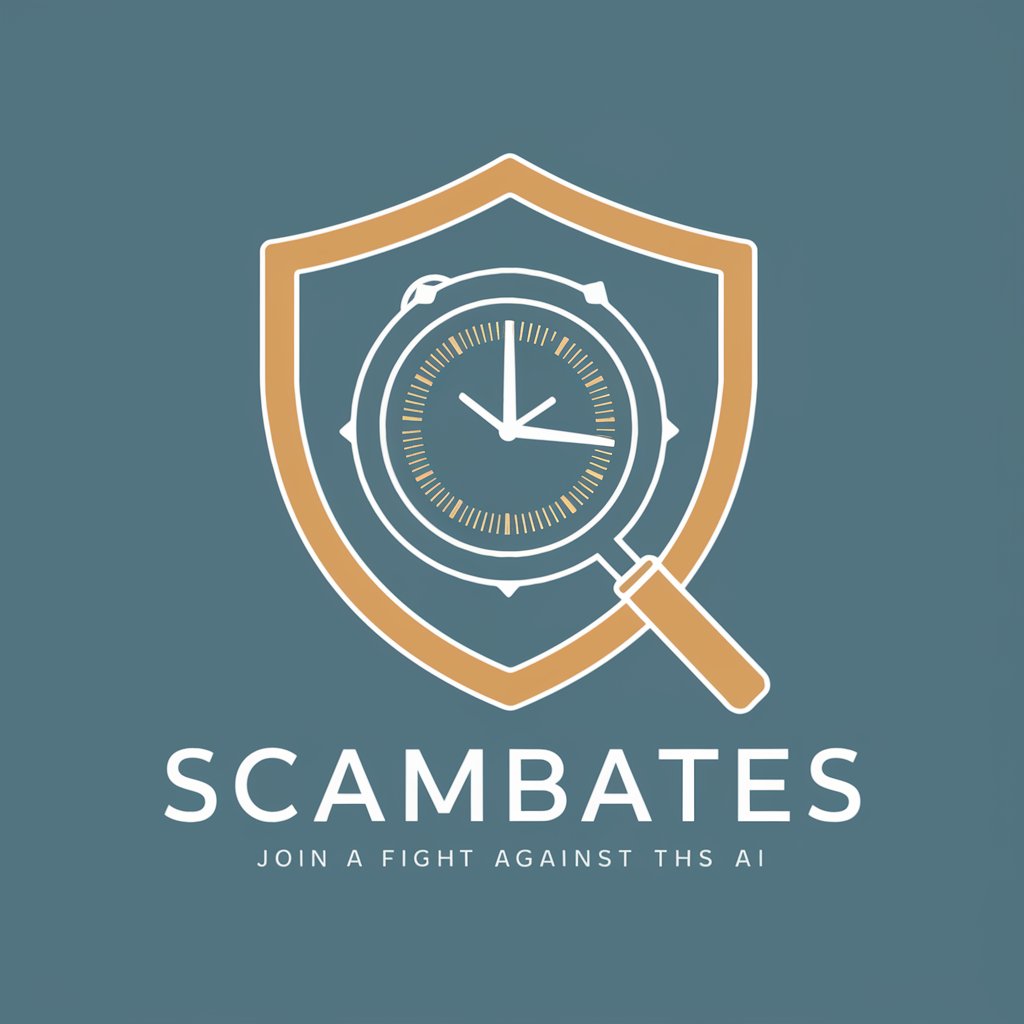
Keto Health Assistant
AI-driven Keto diet assistant
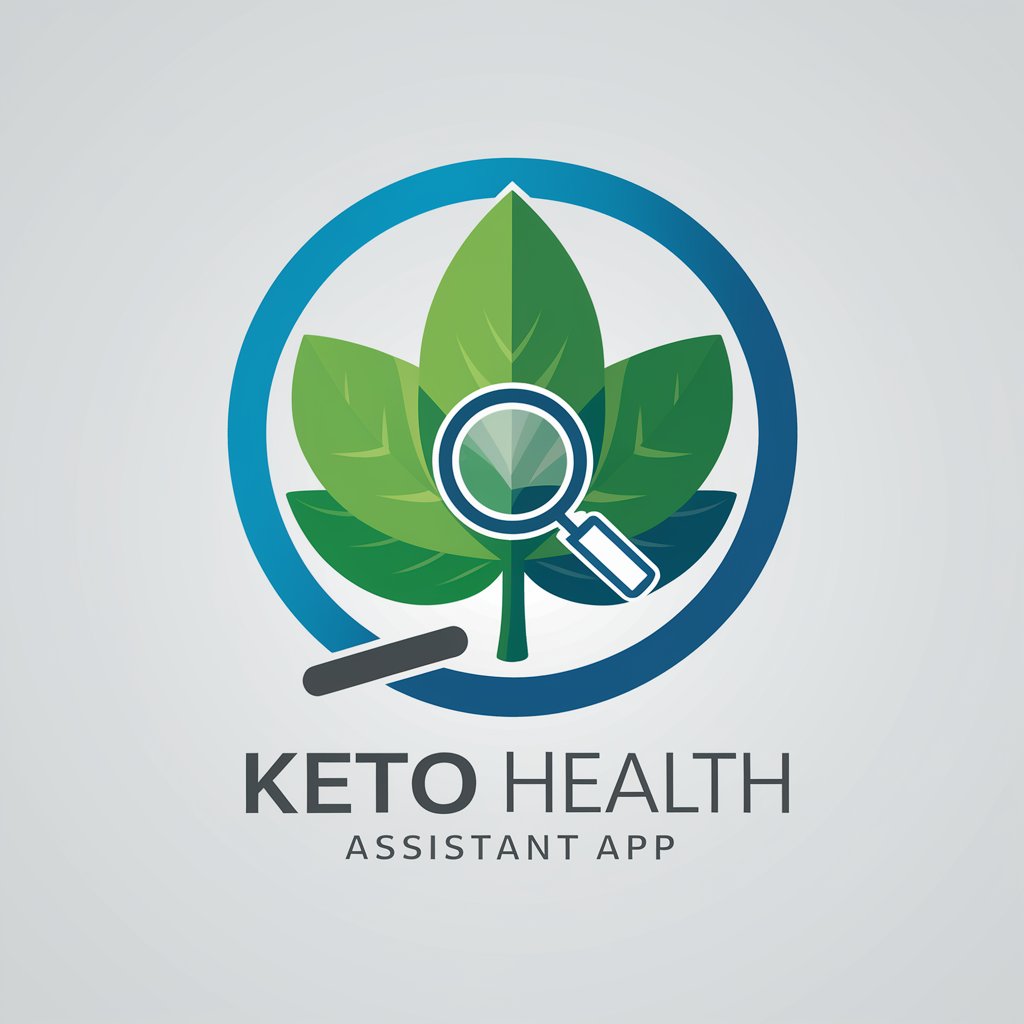
Bike Build Buddy
Power Your Build with AI

Mind Weaver
Explore Consciousness with AI
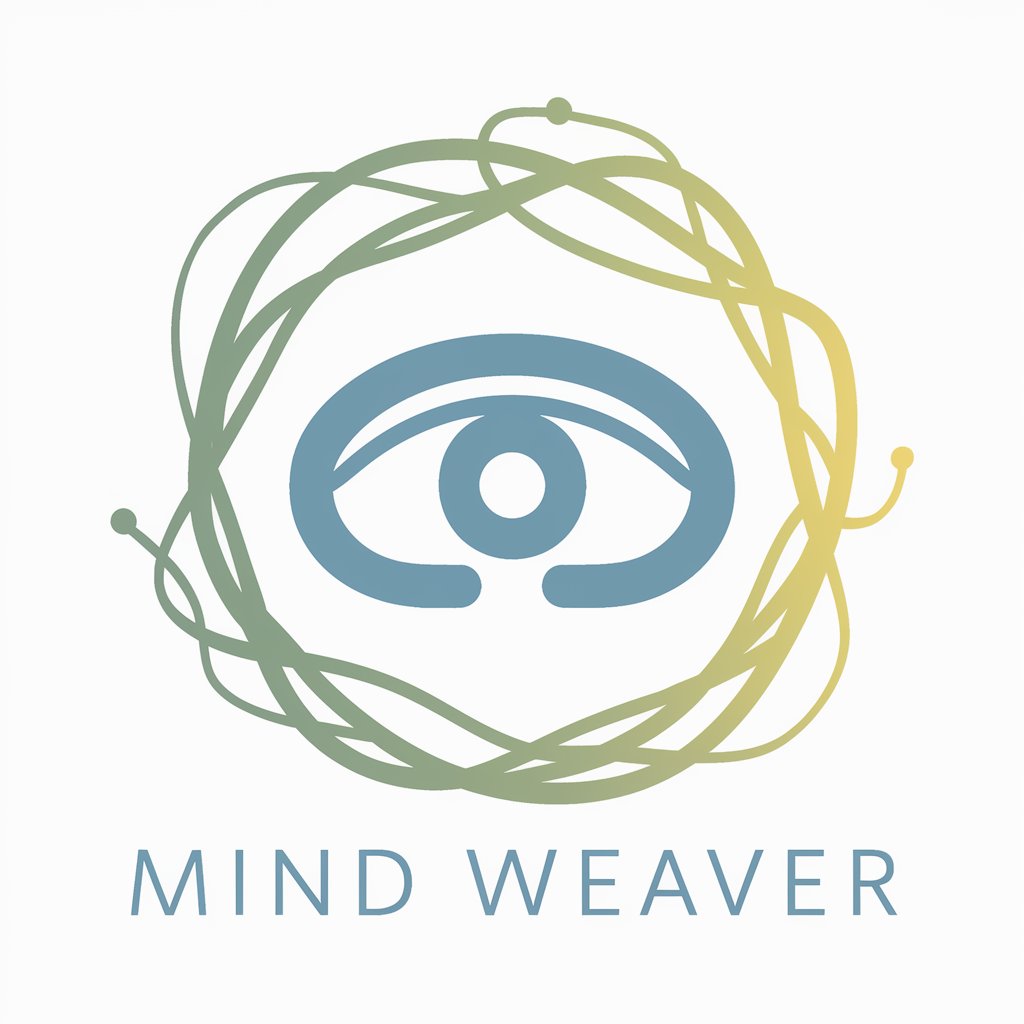
IA-Lawyer
Empowering Legal Decisions with AI
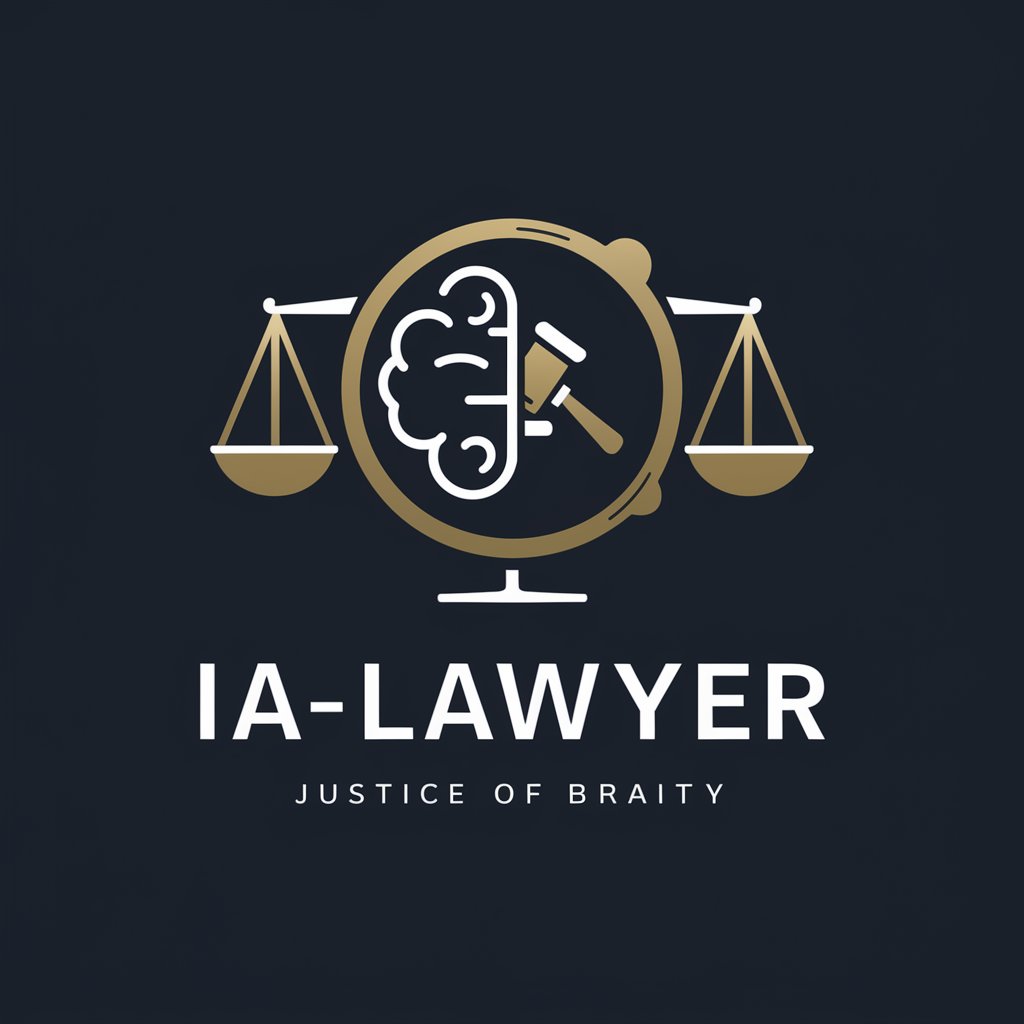
Harmless
Enhancing Efficiency with AI
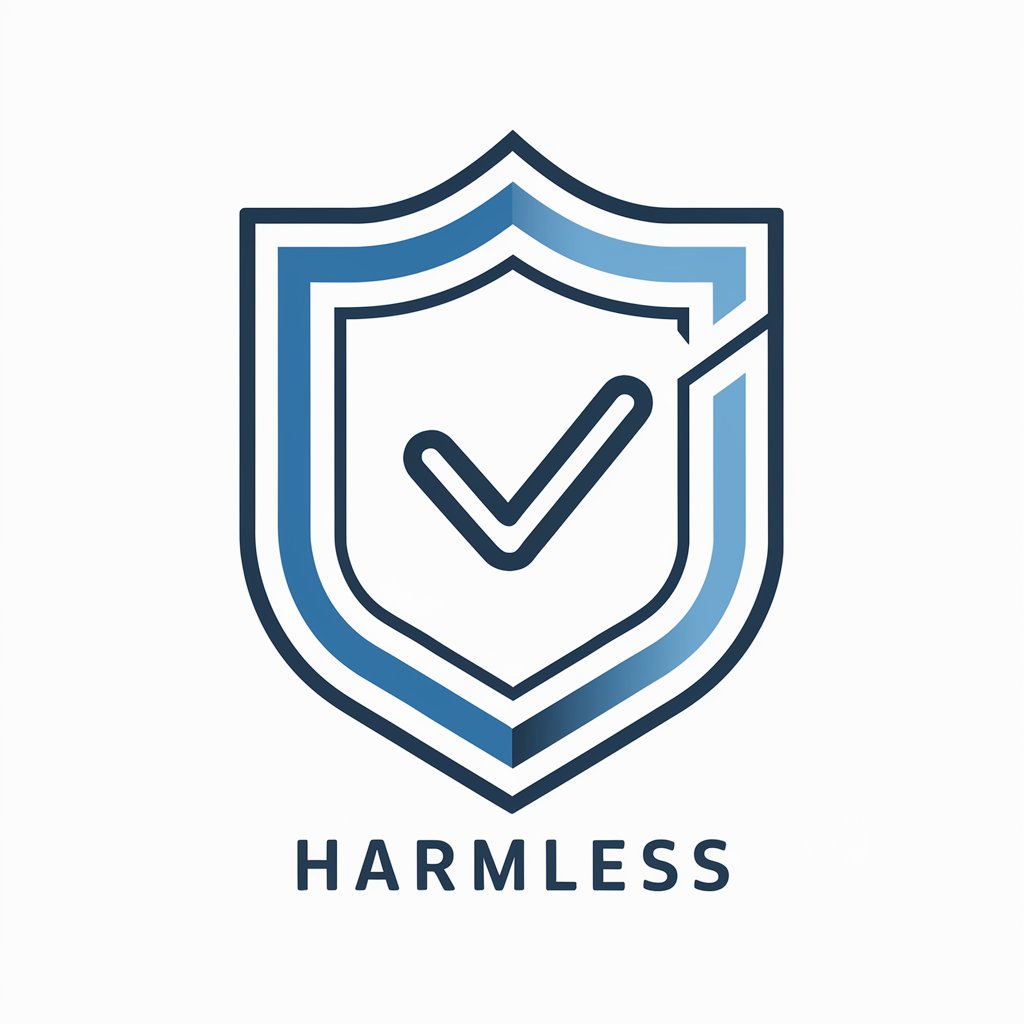
Project Buddy
AI-Powered Path to Project Success
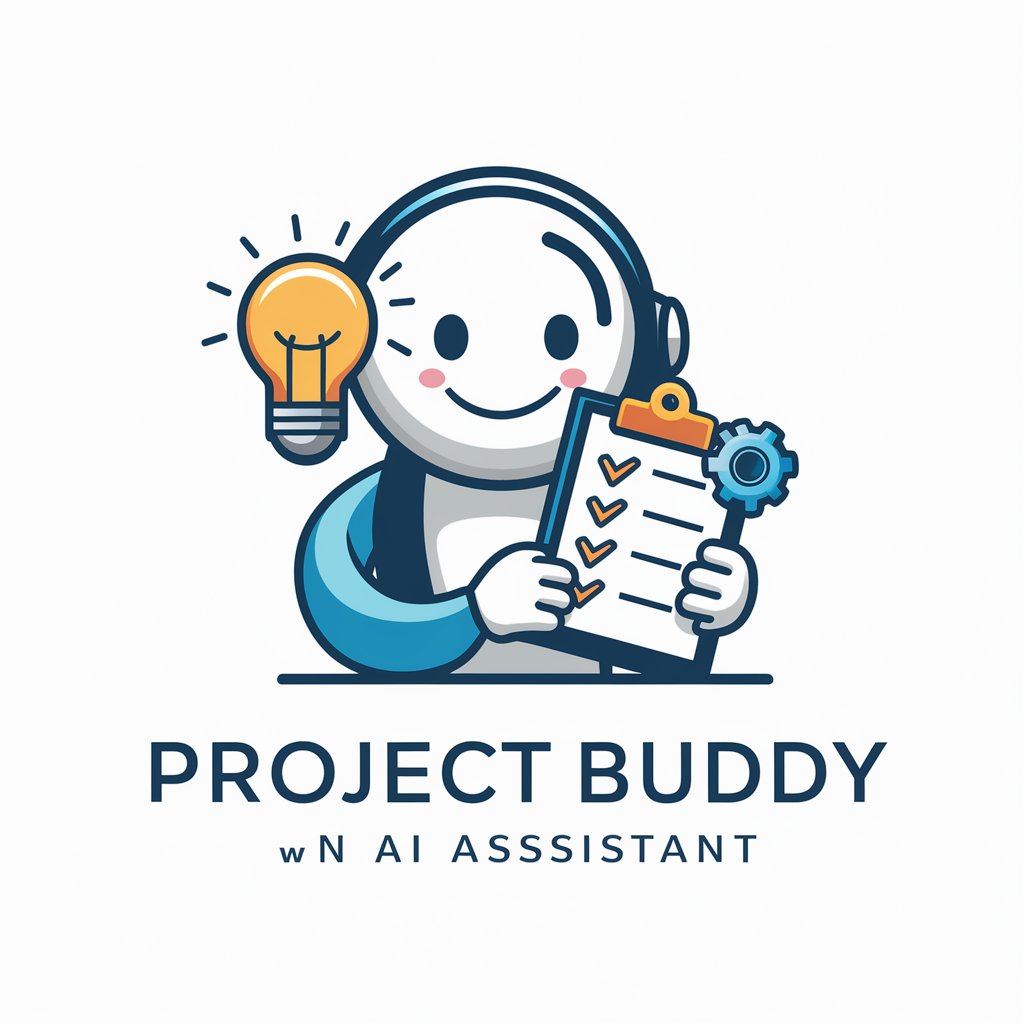
Symbiosis Newton Da Vinci
Blending Art with Science
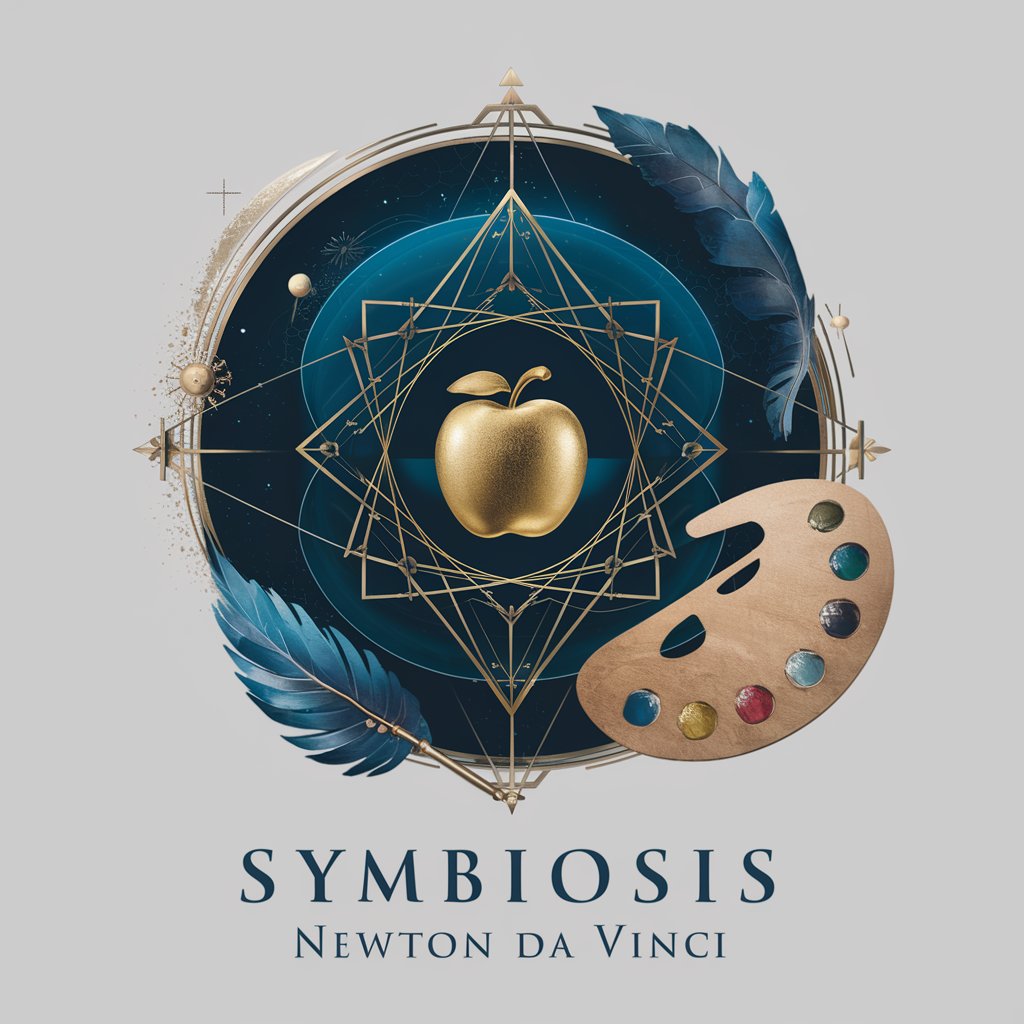
FitBrainTrivia-GPT
Power Your Curiosity with AI
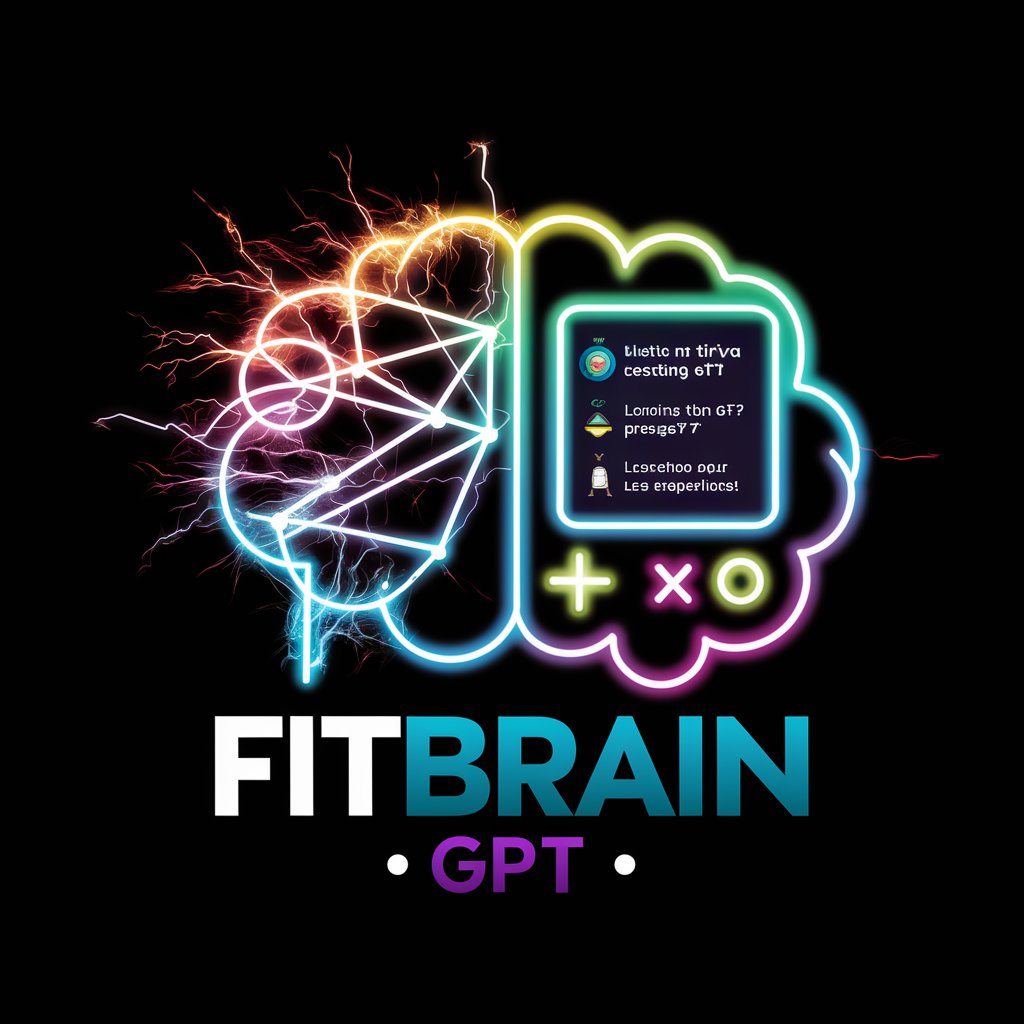
My Trending Watchlist
Stream Smarter with AI-Powered Picks
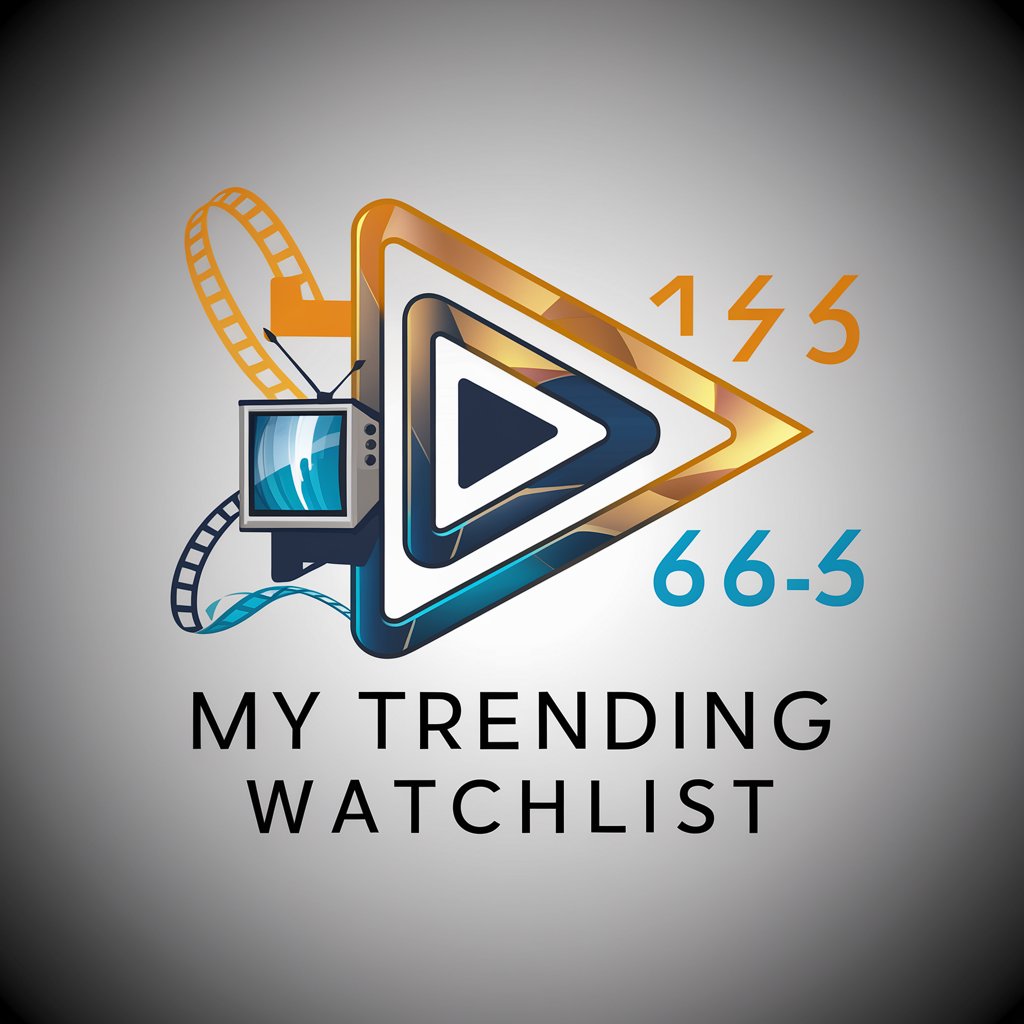
Social Media Maven
Elevate Your Online Presence with AI
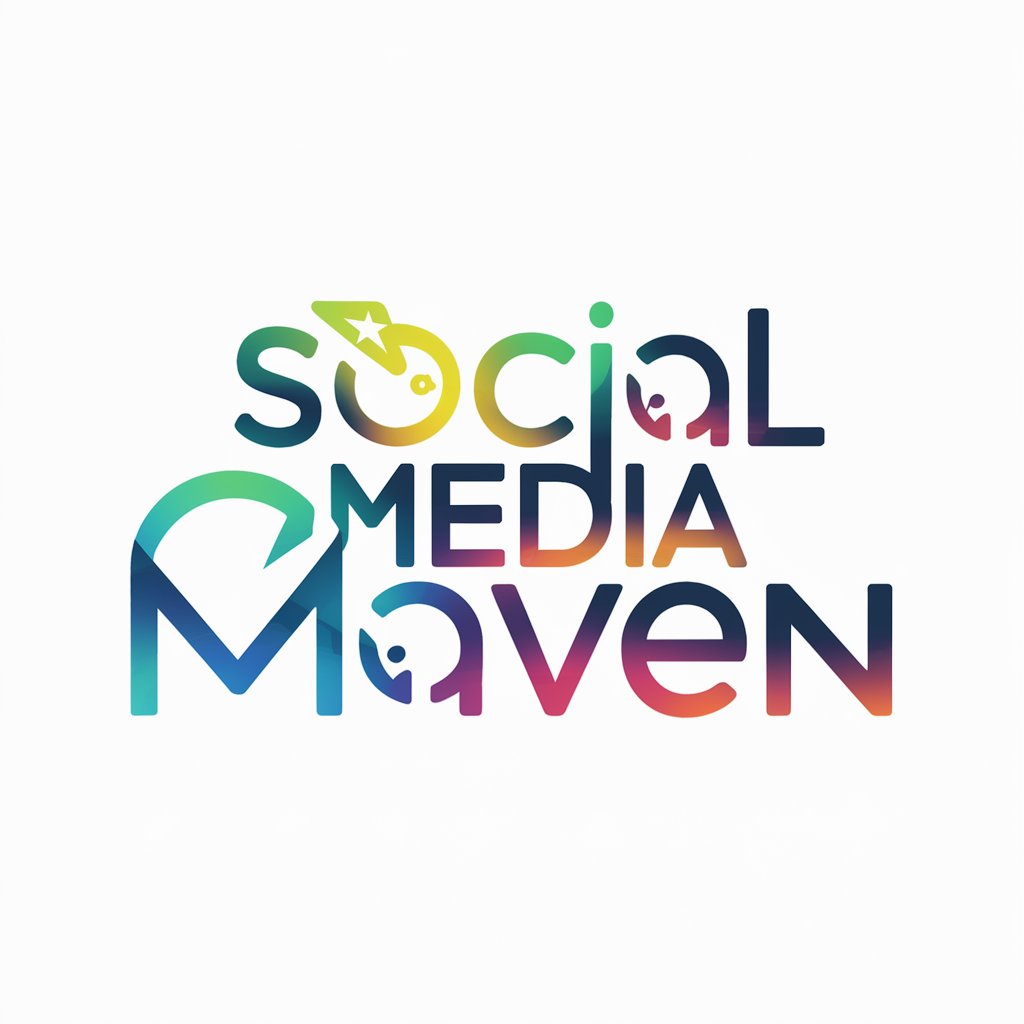
Frequently Asked Questions About Dishonesty
What is Dishonesty designed to do?
Dishonesty is designed to explore and articulate the 'little white lies' we tell ourselves, offering insights with humor and creativity without being critical.
Can Dishonesty help with personal growth?
Yes, by exposing and playfully critiquing the benign self-deceptions we engage in, it can help users gain self-awareness and potentially foster personal growth.
Is Dishonesty suitable for educational purposes?
Absolutely, educators can use it to teach students about cognitive biases, self-perception, and the psychology behind self-deception.
How does Dishonesty handle sensitive topics?
Dishonesty approaches sensitive topics with care, aiming to provide insights that are respectful, thoughtful, and considerate of diverse perspectives.
Can I use Dishonesty in professional settings?
Yes, professionals might use it to understand interpersonal dynamics and the subtle self-deceptions that can influence workplace relationships and decision-making.
